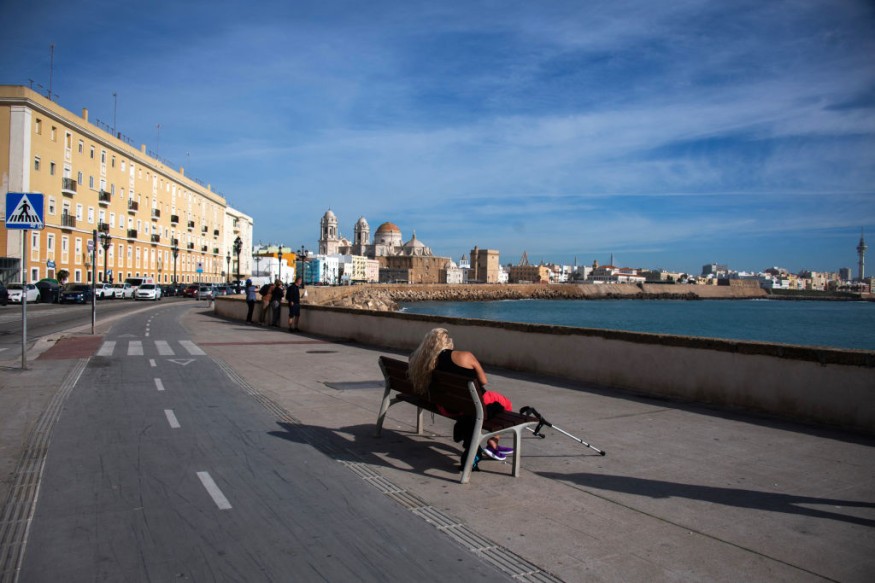
More than six million residents could be affected by the drought being experienced in Catalonia.
Due to the weather phenomenon, a state of emergency has already been declared in the area.
Restrictions Amid Drought
The residents were already prohibited from washing their cars and filling up empty swimming pools as reservoirs fell to close to 16% of their capacity.
Pere Aragonès, the Catalan president, noted that in some areas, it had not experienced rains at all for a period of three years. He described the situation as the worst drought in modern history.
It is estimated that 500mm of rain needs to fall in Catalonia to make up for the said drought.
Due to the situation, public and private swimming pools will be closed, with exemptions for those in sports centers.
Officials, however, said that some pools are already adapting to use sea water. On the other hand, parks will no longer be watered but groundwater will be used to save the city's 35,000 trees from dying.
Furthermore, there will be no showers on the beach nor ornamental fountains.
Water parks and ice rinks will be shut down and car washing will be limited to commercial use.
Authorities said that the restrictions would remain in force for at least the next 15 months.
Officials, meanwhile, said they may need to bring in drinking water by boat before the summer, a situation that was also seen in 2008.
Emergency Phase
The city and province of Barcelona, the city of Girona and most of the surrounding area, as well as much of the Costa Brava are entering into an emergency phase, with residents forced to cope with new restrictions at the beginning of Friday.
Authorities explained that the aim of the emergency declaration is to limit water consumption to 200 liters (52 gallons) of water per capita. They said this figure includes economic and commercial activities.
They said that any municipality that exceeds the water consumption cap will have to reduce the water pressure or cut off water for certain hours each day. If not, they will face fines from the regional government.
Officials said that Spain has seen three years of below-average rainfall amid record high temperatures.
They even warned that conditions are only expected to get worse because of the effects of climate change, which is predicted to heat up the Mediterranean area faster than other regions.
So far, Southern Europe is experiencing potentially critical drought conditions. The most affected regions are the Mediterranean coast of Spain, central and southern Italy, Greece and the Mediterranean islands.
The reservoirs fed by the Ter and Llobregat rivers in northern Catalonia have fallen to 15.8% of their capacity, while their 10-year average is 70%.
It was noted that only the Guadalete-Barbate river basin in southern Andalusia, which faces similar shortages and restrictions, is worse off, at 14.6%.
Catalan authorities are set to meet with Teresa Ribera, Spain's Minister of Energy and Climate, to discuss the potential to take water from other territories if still necessary in the coming months.
Related Article : Barcelona Drought Forces Water Bills to Spike by Up to 16%
© 2025 NatureWorldNews.com All rights reserved. Do not reproduce without permission.





